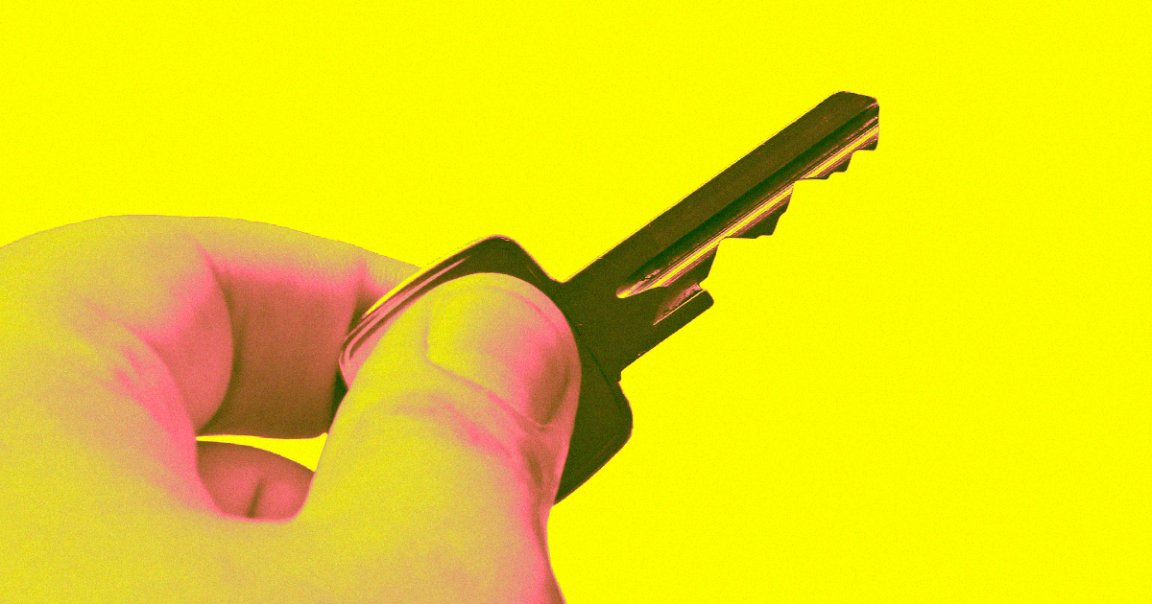
Call a Cab
Self-driving cars, all hype aside, are still a long way away. For the foreseeable future, most autonomous vehicles will still require some degree of help from a human behind the wheel.
And as long as people have any control over their vehicles, sleepy or drunk drivers will still pose a threat, even when their cars are at least partially autonomous. That’s why European researchers want to equip self-driving cars with sensors that can detect when their driver is passing out or inebriated for one reason or another, according to Horizon Magazine.
Take Their Keys
When a built-in breathalyzer or eye-tracking scanner notices that someone is unfit to drive, the car would either take over and finish the drive or turn on its hazard lights and pull over.
“We want to make sure that we don’t give the control back to drivers that are not fit to drive, and also that we can use the automated functionality to take over the control if the driver is not fit to drive,” Anna Anund of the Swedish National Road and Transport Research Institute told Horizon. “What we would like to achieve is a safe and acceptable transition in order to avoid severe crashes with people being severely injured or even killed.”
Off The Shelf
All the technology that could help make self-driving cars safer — eye-tracking software, car ignition breathalyzers, and the like — already exists. The key is to make sure that they’re implemented in any autonomous vehicle that still requires human intervention.
Anund and her team have spent years working on sensors to make semi-autonomous vehicles safer, but for now their work is largely conceptual — it will be up to autonomous vehicle manufacturers to take the initiative and make sure their cars are as safe as possible.
READ MORE: Fit to drive? The car will judge [Horizon Magazine]
More on autonomous vehicles: Exclusive: A Waymo One Rider’s Experiences Highlight Autonomous Rideshare’s Shortcomings